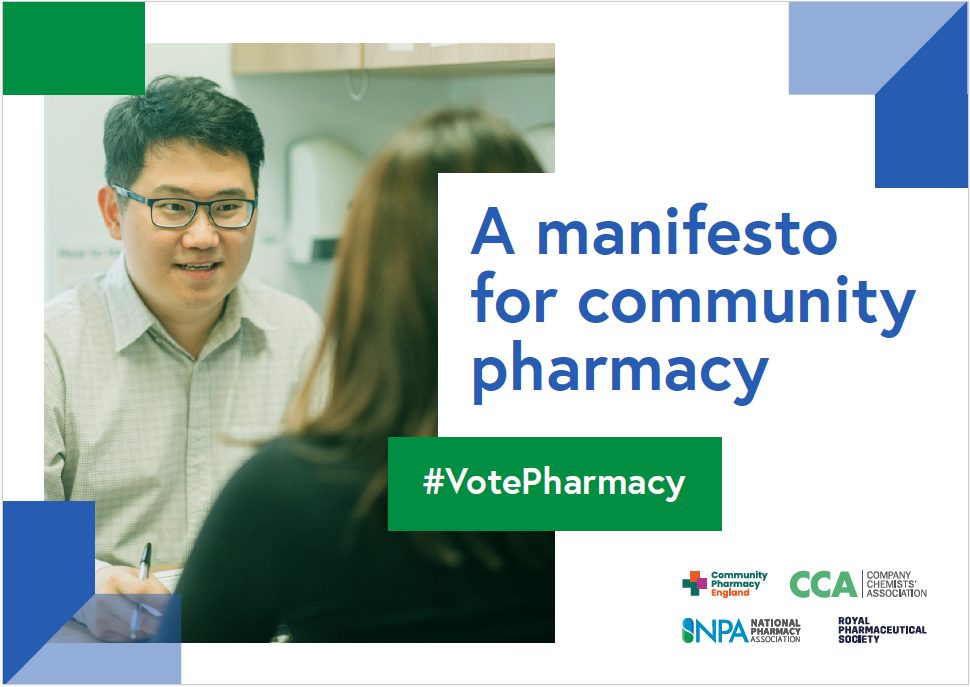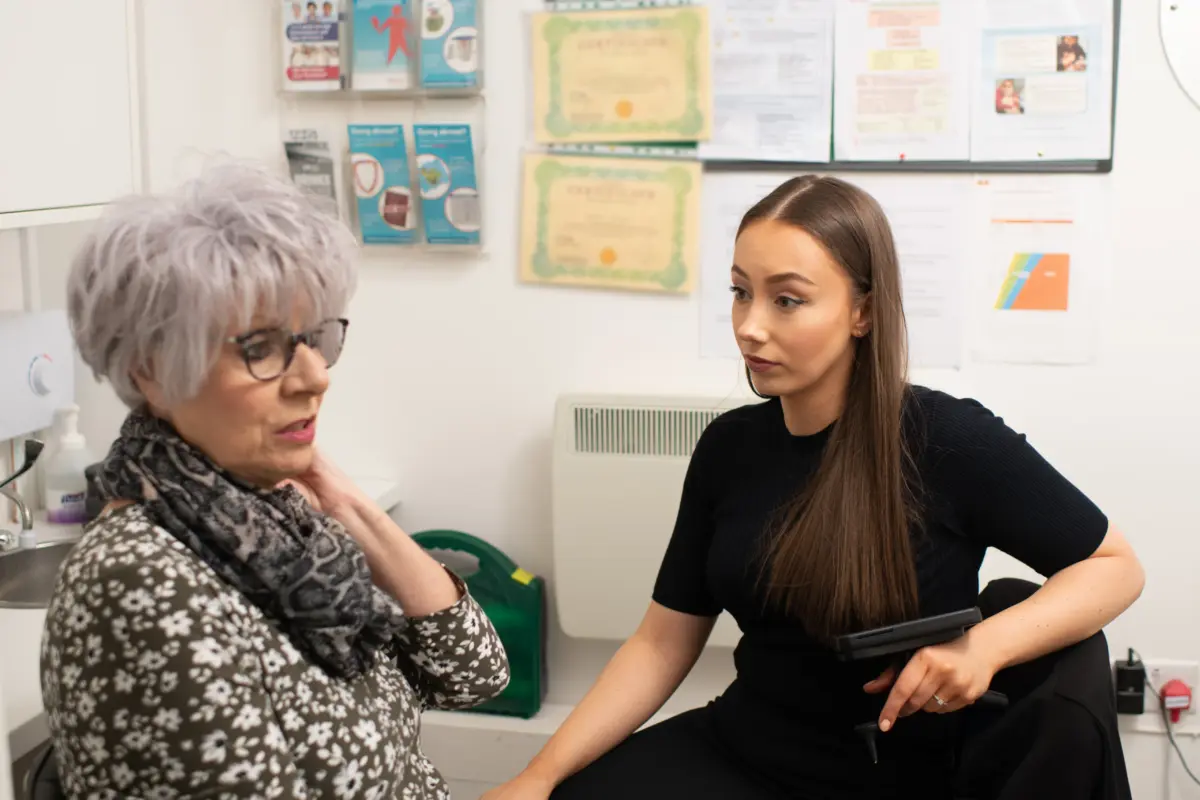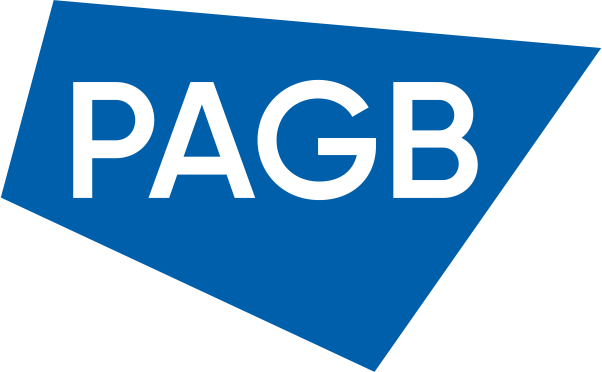Services case study: Community pharmacist independent prescribers can alleviate GP supply-demand issues
Published on: 18th September 2018 | Updated on: 28th March 2022
Community pharmacists in Nottingham have been working in GP practices as part of an NHS England-funded project designed to maximise patients’ health and wellbeing by making efficient use of the skills of both professions.
What did the project aim to achieve?
The aim was to develop and evaluate new models of care to test whether the quality of patient care can be improved by utilising community pharmacy independent prescribers (CPIP) in both a GP practice and/or a community pharmacy setting. The pilot was a proof of concept scheme seeking to evaluate and understand the proposition that CPIPs can play a positive role in general practice and have a positive impact at all levels – on patients, practices and the NHS.
What did the project involve?
Six GP practices in the East Midlands were matched to six community pharmacies for a period of one year. Pharmacists worked for varying hours in each practice, between one and four days per week. CPIPs were able to offer personalised appointment lengths and appointments were often twice as long as GP appointments or more.
Community pharmacists undertook various tasks, such as:
- medication reviews;
- care home and domiciliary visits;
- prescription queries;
- chronic disease management including adherence and condition monitoring;
- discharge management; and
- acute care consultations.
What does the evaluation show?
CPIPs were able to use their unique and expert knowledge on medicines which was very positively received by patients. Medication advice provided to patients led to increased medication adherence and improved patient safety.
Over half of the work undertaken by the CPIPs was medication reviews, a third related to reviewing long term conditions and their management (including interventions provided in care homes and domiciliary settings) and almost 10% of time was spent supporting general demand with urgent care appointments. The commissioner’s own data shows that the CPIPs pilot scheme potentially reduced avoidable secondary care admissions by around 8% saving the NHS a potential £710,000 per year. Finally, overall, around 7% of the CPIP work was in acute and urgent care.
The evaluation concludes that CPIPs bring unique expert knowledge to the primary care skills mix and actively practise cost-effective prescribing which has cost-saving benefits to the NHS. CPIPs can act as a strategic tool to drive NHS or local health aims and objectives and prevent hospital admissions.
The evaluation states that the findings provide evidence to support the concept that CPIPs can have a positive impact on the current supply-demand issues in general practice and can offer a quality service to patients.
Further details on this services and similar services can be found on the Community Pharmacy England Services Database.











